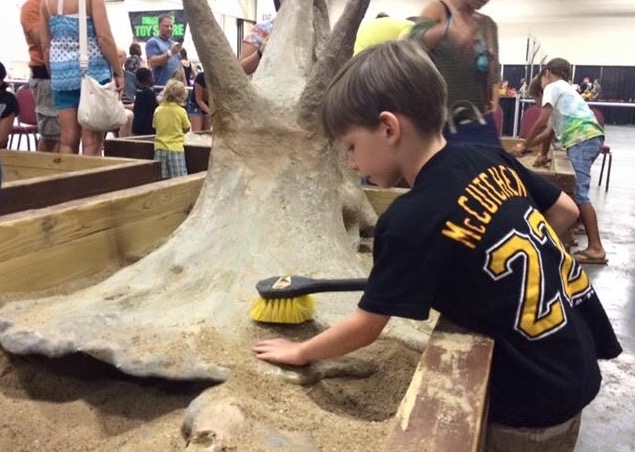Summertime is for fun and easy learning. There has been significant advancement in STEM (Science, Technology, Engineering, and Mathematics) subjects, including advancements in AI. To keep up with today’s and tomorrow’s innovations, students need to be engaged in continuous STEM learning. Students can learn STEM subjects at home, in summer programs, or formal STEM classes.
After-school learning provides students with a foundation in STEM that allows them to experiment without worrying about grades or failure. A student’s experience with STEM enhances their awareness of future career opportunities.
Research suggests that informal learning in STEM provides students with an identity and motivates them to participate in additional STEM classes. Through summer classes, students think critically and aren’t afraid of the challenge.
Funding for these programs in schools eventually disappears. Therefore, it is imperative that learning extends beyond the classroom. Communities and parents need to give students learning opportunities.
Benefits of Summertime STEM Experiences
Programs and experiences that are hands-on give students real-world experiences. These experiences are then applied to in-school learning. Not only do these skills enhance thinking, but they also enhance creativity, persistence, decision-making, leadership, and entrepreneurship in students. They get students thinking about future endeavors.
Out-of-school activities that involve hands-on learning change in-school traditional learning to brain-based learning. Student success in today’s technological world depends on going beyond the traditional classroom and into the outside world for experimentation and creative problem-solving opportunities.
Stem is more than hands-on activities. It also involves students in digital literacy and analytical thinking (the understanding of how things work). Parents are the catalyst that encourages student involvement in these activities during the summer months.
Real-World Problems and Solutions
Students involved in STEM activities learn to take on essential problems.
- Technology drives the future and is quickly evolving. Students need to be equipped with the ability to handle coding, robotics, data analysis, AI, and biotechnology.
- Such endeavors may involve the creation and improvement of solar panels, wind turbines, or other renewable energy solutions.
- Students with mathematical skills have a future in investing and finance. A future in sports also involves a strong math background.
- Decisions about people’s health, pandemics, and vaccines involve STEM activities.
These are a few ideas on how students can succeed with a Mathematics, Technology, Science, and Engineering background. They help students to be innovative, close the gender gap, and prepare them for the future. It ensures that students become active learners rather than passive learners.



